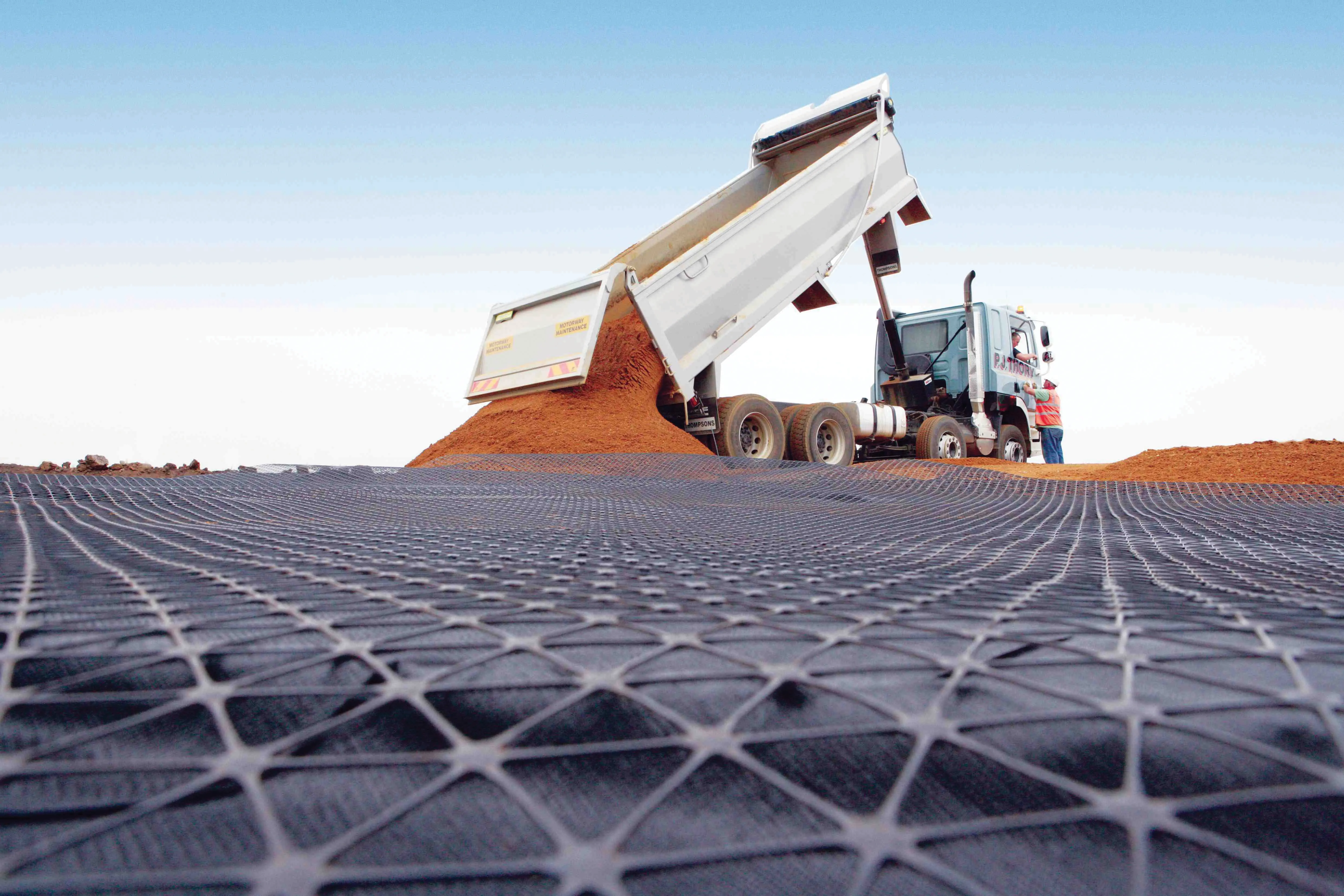TRL provided a rapid response when asked for help as part of the investigation of the recent appearance of a Dene Hole in the central reservation of the M2 in Kent, southeast England.
Within a few hours of being asked for assistance, TRL was able to mobilise a team to be onsite to provide two coring rigs and staff to undertake investigations of the carriageway in one lane either side of the hole, between junctions 5 near Sittingbourne and 6, near Faversham, to establish its integrity. The carriageway is co
February 19, 2014
Read time: 2 mins
Within a few hours of being asked for assistance, TRL was able to mobilise a team to be onsite to provide two coring rigs and staff to undertake investigations of the carriageway in one lane either side of the hole, between junctions 5 near Sittingbourne and 6, near Faversham, to establish its integrity. The carriageway is constructed of jointed reinforced concrete with a thick asphalt overlay.
Two TRL teams working round the clock cored approximately 38 holes to help determine the extent of the problem.
The hole has been filled with pea gravel and the motorway is open, with two lanes running in each direction around the hole. The M2 is expected to fully re-open tomorrow (Thursday) morning.






